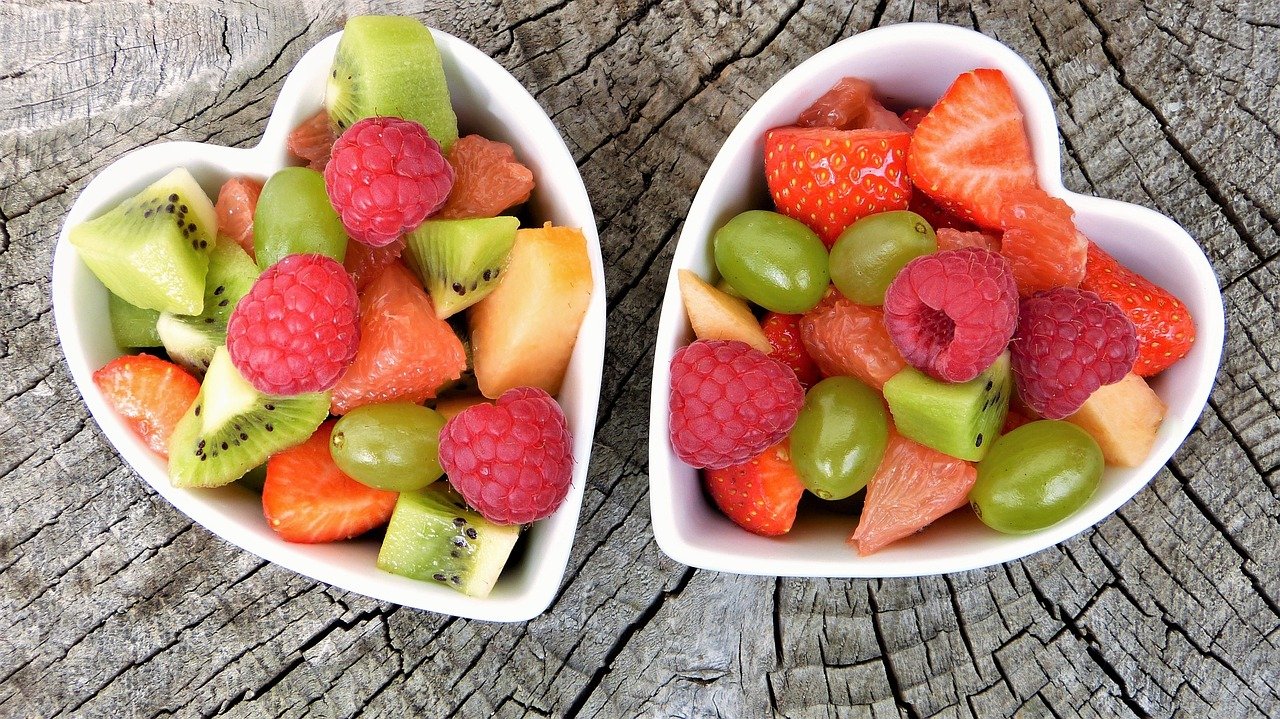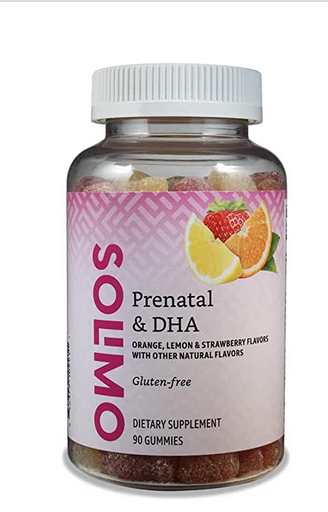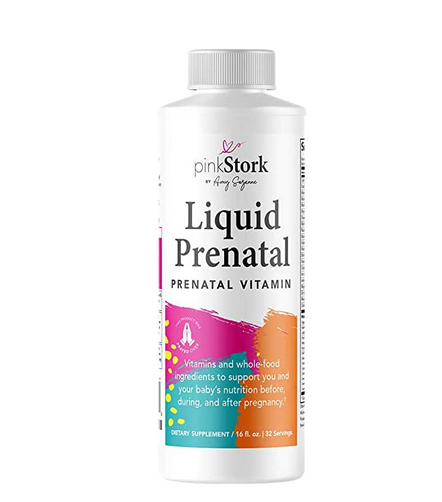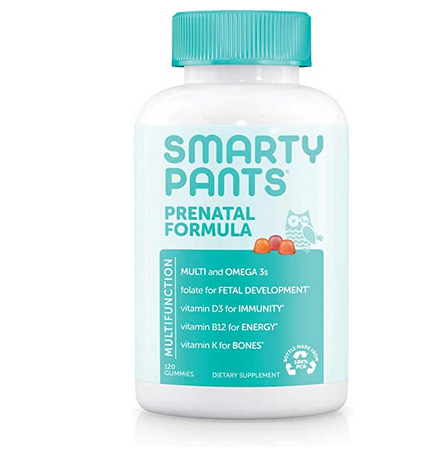Which Prenatal Vitamin Should Get? You would think that your health care provider would be the one to make this decision for you. This is not always the case. In fact, many health care providers leave it up to you or your health insurance to decide which prenatal vitamin you should get.
Your diet won’t be enough to support you and your baby’s nutritional needs even if you are getting your 5 fruit and veggies a day. You might even need additional vitamins if you are on the Standard American Diet. However, never take a double dose of your vitamins unless recommended by your health care provider. Certain vitamins could be harmful at high dosages.

The truth of the matter is that all prenatal vitamins will likely have the key ingredients for a healthy pregnancy. So what are these key ingredients that are recommended by the American College of Obstetricians and Gynecologists? Folic acid (600 mcg), D3 (600 IU), magnesium, calcium (100-1300 MG), and iron (27 MG). However, B complex (B12 2.6 mcg, B6 1.9 mcg), omega 3s (including DHA 200 MG), vitamin A (750-770 MG), and C (80 MG) are also key ingredients for optimal care.
In 2015, a meta-analysis, the highest level of research evidence, showed that vitamin D could prevent preeclampsia. More research needs to be done, but the study demonstrated that 4000 IU of vitamin D kept vitamin D blood levels adequate. Research has also shown that vitamin D could prevent high blood pressure during pregnancy.
As for magnesium, the European Union recommended 375 MG. However, the US recommended dietary allowance is between 350-360 MG a day including the 40 MG increase estimated for pregnant women.
When Should You Start Prenatal Vitamins
The best time to start prenatal vitamins is now. That’s right, now is the time, no matter what stage of pregnancy you are in. If the truth is told, you should start prenatal vitamins when you are trying to get pregnant, during pregnancy, and until you are done with breastfeeding.

What type of Prenatal Vitamins is the Best?
The best prenatal vitamin is the one you take consistently, but the label must say prenatal. Just regular multivitamins do not have the right amounts of nutrients you need during pregnancy to prevent nutrient depletion. It is essential to protect your health and provide enough vitamins for your baby’s brain, spinal cord, and overall development.
a href=”https://amzn.to/2P7zLLJ”>
Folic acid, vitamin D3, magnesium, B complex are some of the most important vitamins needed when you are trying to get pregnant, during pregnancy, and while breastfeeding. Iron is essential as well to be included in your prenatal, and many mothers need additional iron to treat anemia (low blood levels). If you are craving ice or having unusual cravings, you might have anemia. Not to worry, your health care provider will monitor your blood level. A hemoglobin level will be done at various times during your prenatal care.
Side Effects of Concern
Most people do not have any side effects from prenatal vitamins. However, iron could cause gastric irritation and constipation. If you experience severe nausea or vomiting during your first month, iron might be aggravating your nausea.

Ask your doctor or health care provider if you can take a prenatal vitamin without iron for your first month. Your first month of pregnancy is when nausea and vomiting are more likely. After the first month, you can switch back to your prenatal vitamin with iron.
If you are having trouble with constipation, eating 1-4 prunes a day might be your answer. If not, ask your doctor if you can take Colace. Colace is a stool softener you could purchase from any pharmacy without a prescription to take one or two a day up. It is recommended by many health care professionals during pregnancy to prevent constipation.
What if You Can’t Swallow Pills
You would not believe the number of people I have met that say they can’t swallow pills. This is a common problem. If this is you, gummies might be the answer, but make sure you take the right amount. Bring your prenatal vitamins with you to your prenatal visit for advice from your health care provider.
It’s also important to mention that most gummies do not contain iron: therefore, you might have to get some liquid iron to go along with your prenatal vitamins. Some people who can’t swallow pills do okay with the soft gels. It might be best to try the soft gels first and take the gummies if that doesn’t work.
Still confused About Which Prenatal To Take?
If you still are unsure about which prenatal vitamin to take, go to the consultation desk at your pharmacy. Bring a copy of your health history for the best help. I hope this information has helped you decide which prenatal vitamin is best for you.
Disclaimer: This is not medical advice and is educational information only. Consult your health care provider for medical advice.

